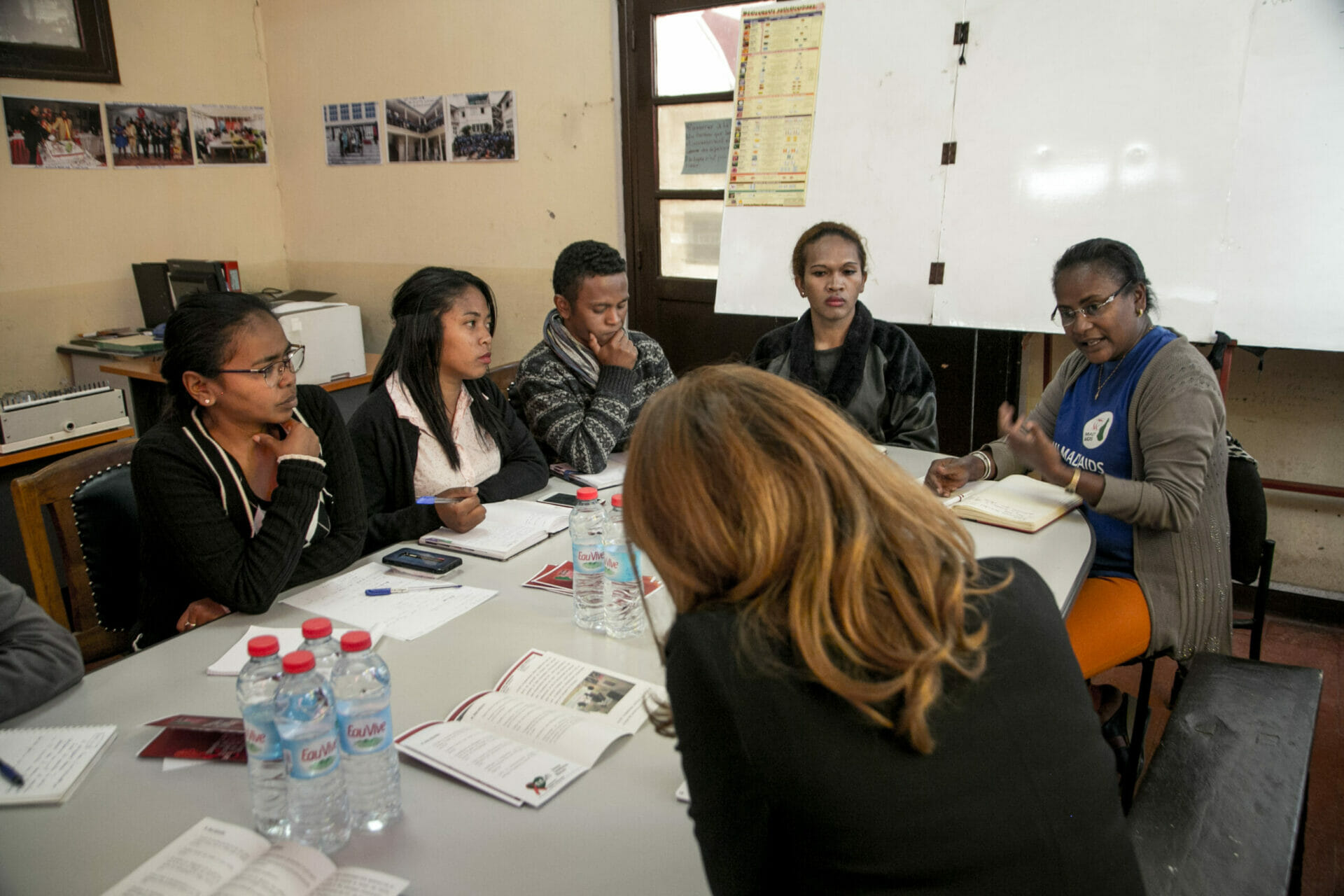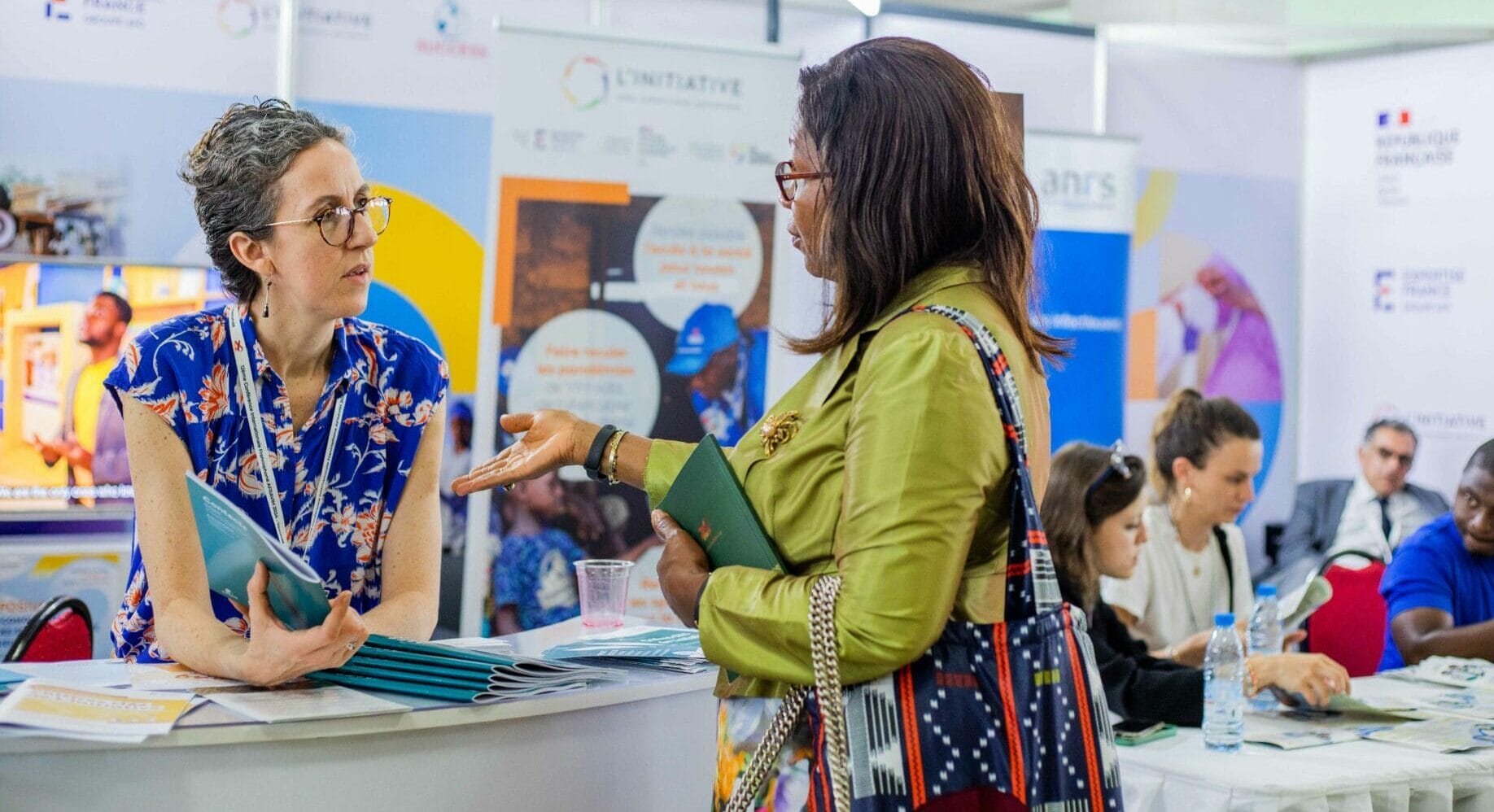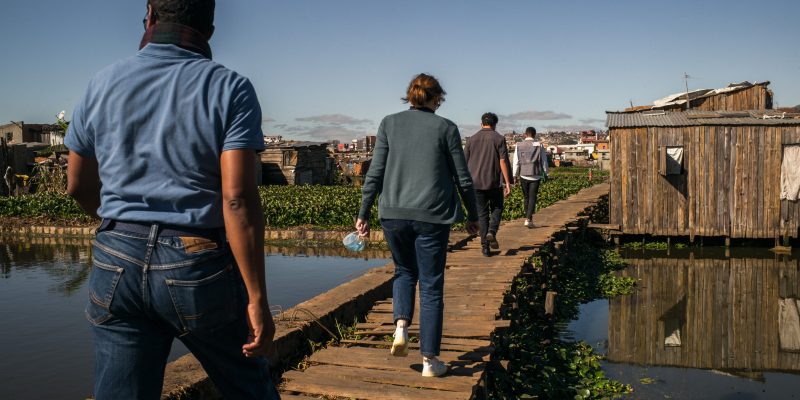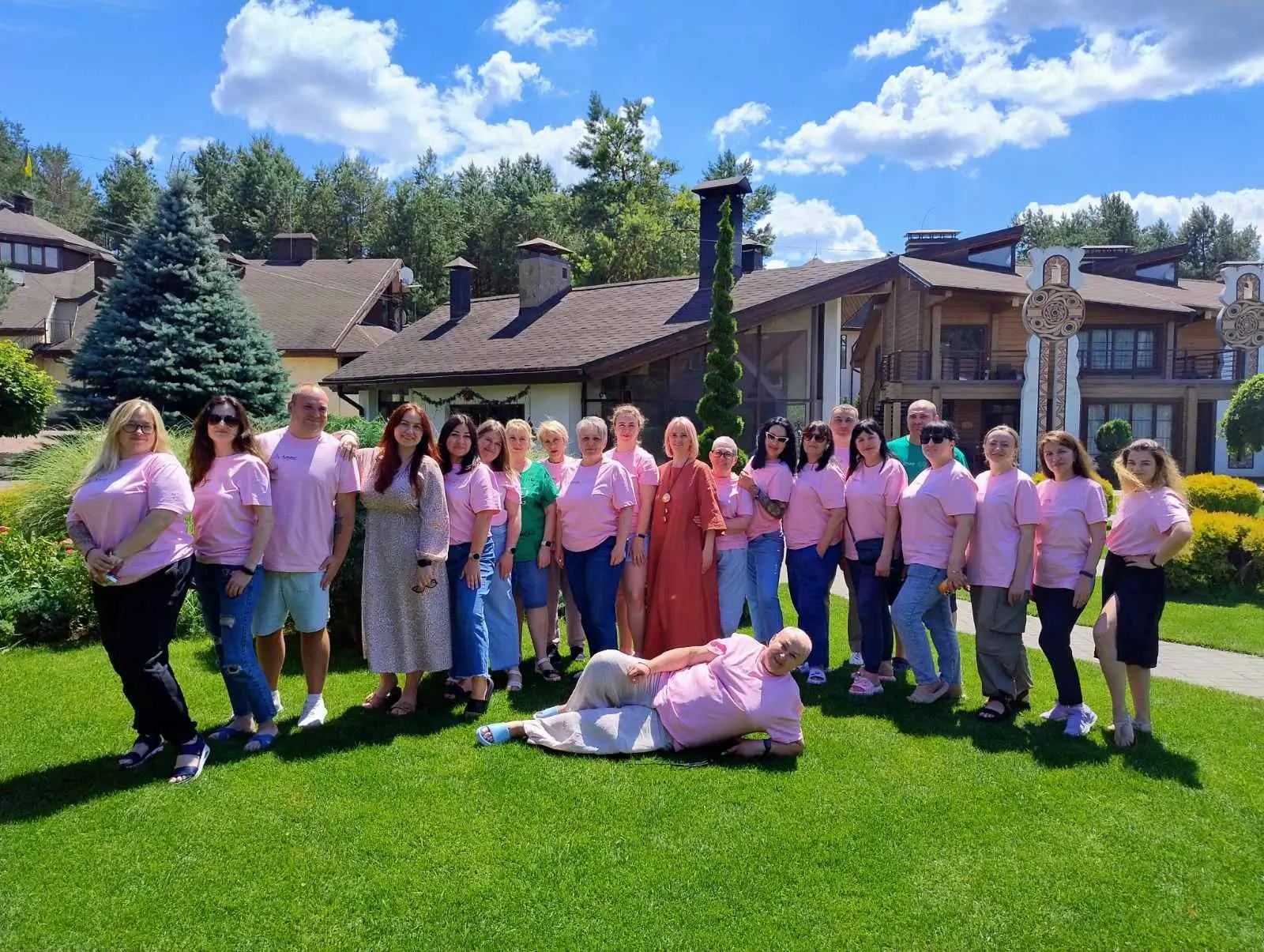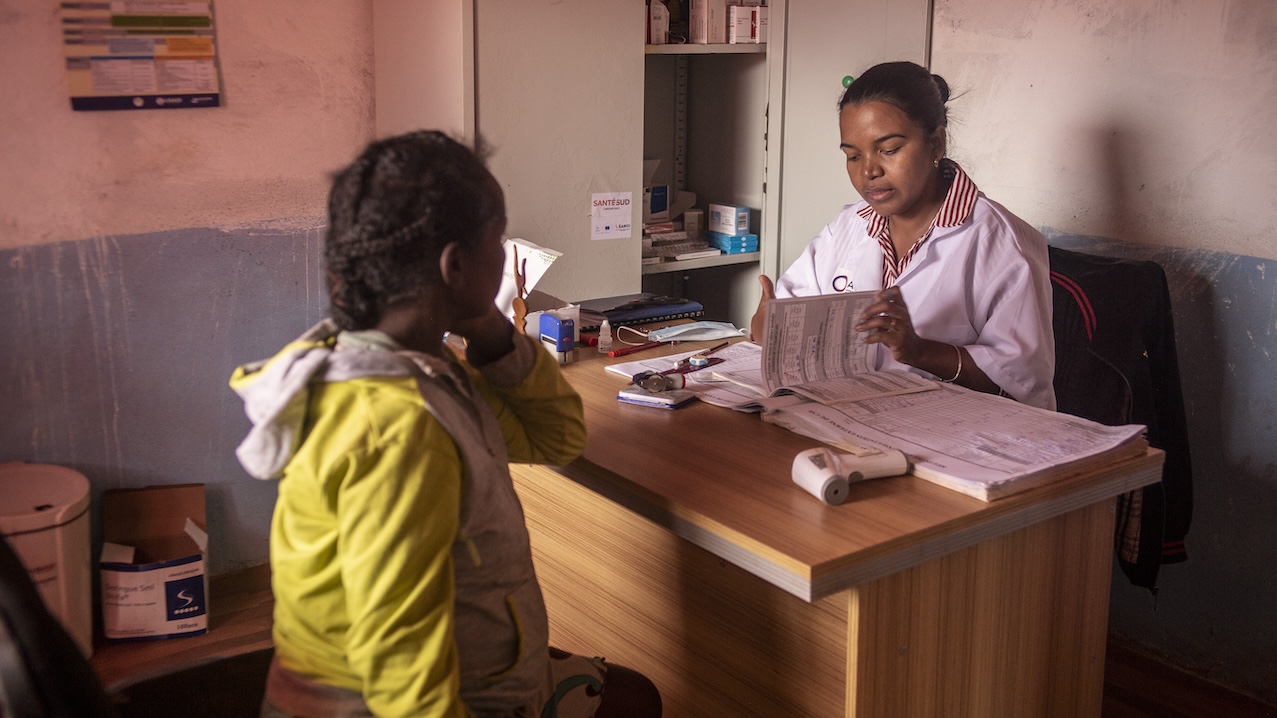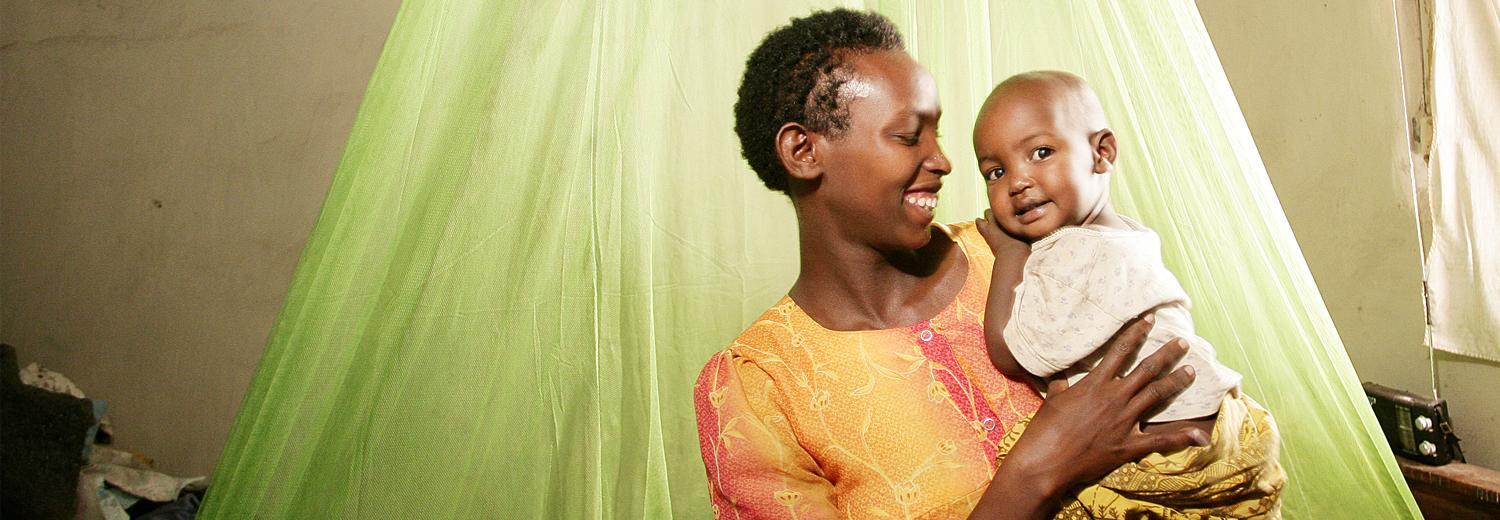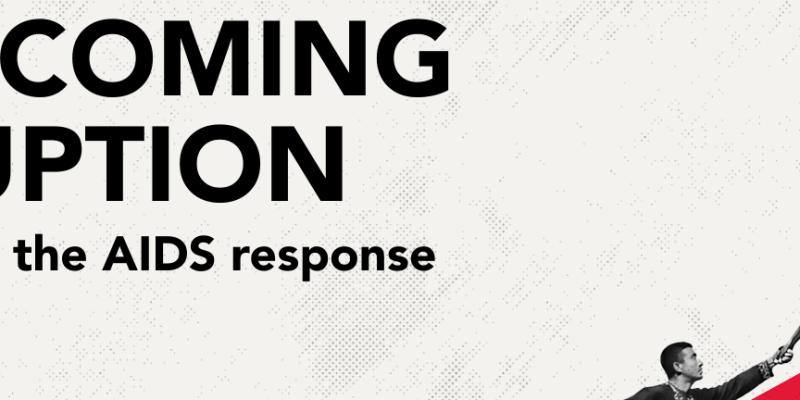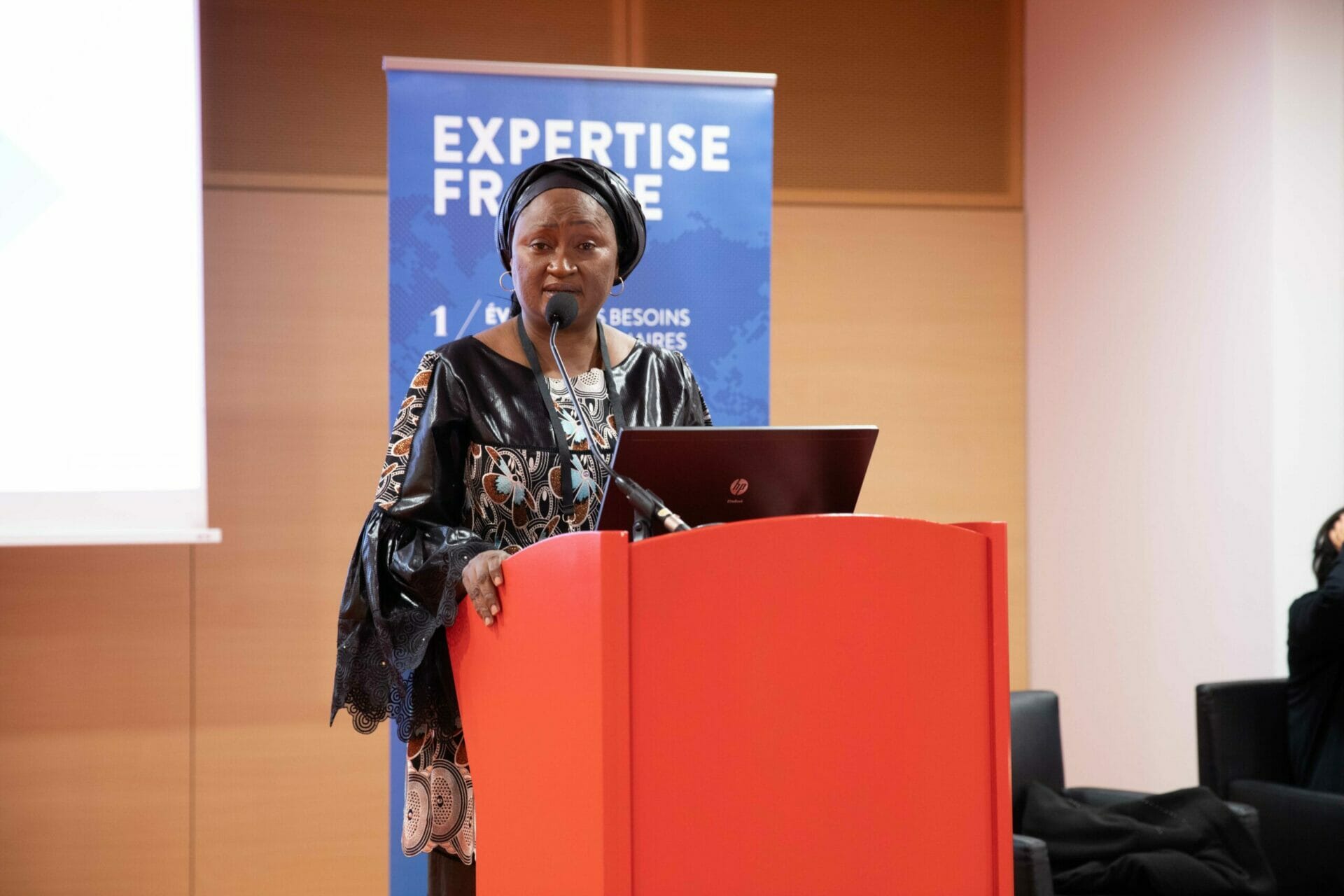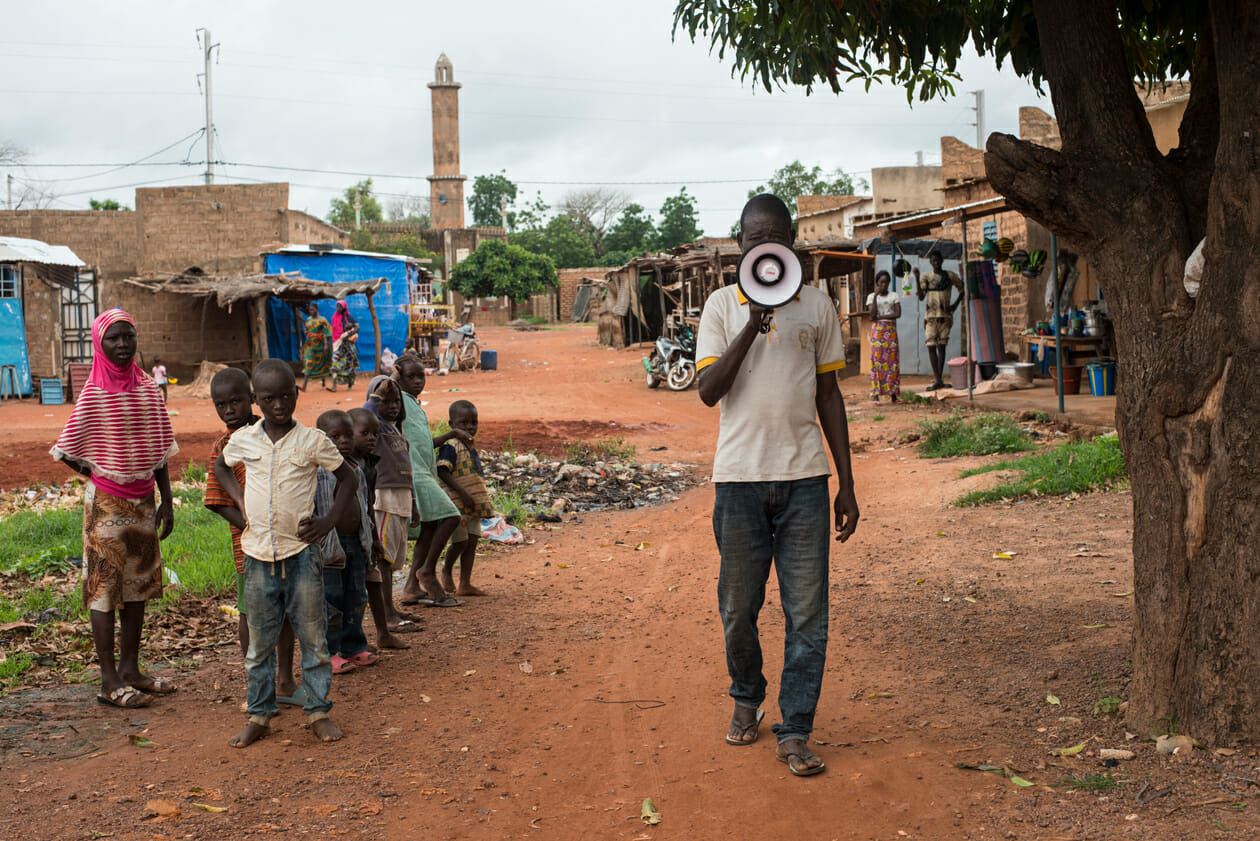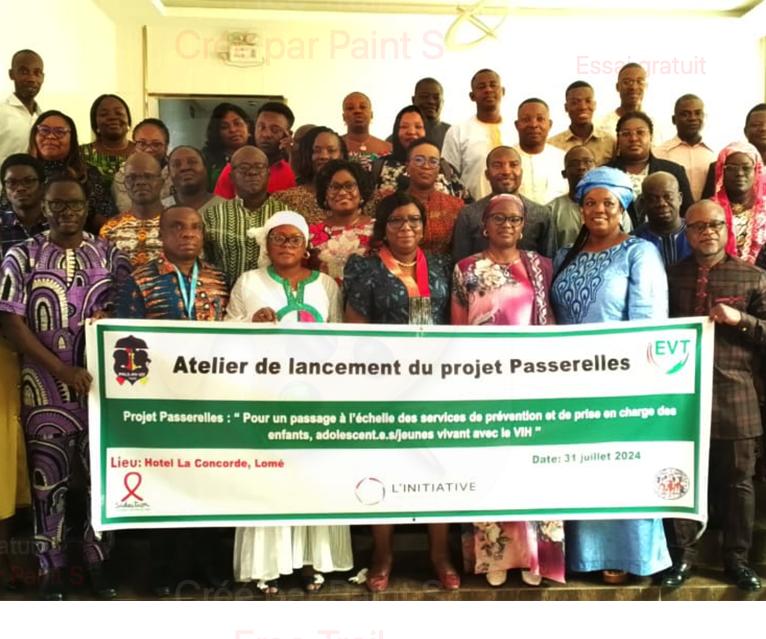SYCAVI & OPP Mada: the communities’ voice at the heart of the HIV response in Madagascar
Faced with structural challenges in Madagascar’s health system, community organisations are joining forces to improve access to care for key populations and people living with HIV. The “Système communautaire d’alerte sur le VIH” project (SYCAVI : Community-based HIV Early Warning System) and the creation of the OPP Mada umbrella organisation embody this collective dynamic. A joint interview with two of its committed leaders: Ravélohanta Mananarisoa, SYCAVI project physician-coordinator at AINGA-AIDES, and Johnson Firinga, founding president of MAD’AIDS and chair of OPP Mada.
How would you describe the SYCAVI project?
Dr Ravélohanta Mananarisoa : SYCAVI is first and foremost a Malagasy community initiative. Led by four major organisations (AINGA-AIDES, AFSA, ORMS LGBT and MAD’AIDS), it is based on an alert and monitoring system anchored in five cities across the country. Our goal is to collect reliable field-level data to improve equitable access to prevention, testing and care services for key populations and people living with HIV (PLHIV).
Johnson Firinga : This observatory, created with support from L’Initiative since 2021, finally gives a voice to those living with HIV or most at risk. Through SYCAVI, we can report system failures — lack of tests, antiretroviral (ARV) stockouts, stigma — and take concrete action to remedy them. This is not just one project among many; it is a lever for transformation.
Can you cite some concrete benefits brought by the project?
Dr Ravélohanta Mananarisoa : Supply shortages of inputs, such as condoms or tests, are a recurrent problem. Thanks to the alert mechanism, such situations are rapidly identified and escalated. This has already helped strengthen supply chains and improve the availability of services in several areas. The project has thus created a space for dialogue between authorities and community civil society organisations (CSOs).
Johnson Firinga : We have also facilitated the redeployment of ARVs to health centres facing shortages. At times, our own networks handled the delivery of viral load results to patients. When communities are mobilised, solutions arrive faster. At the regional level, the project has also revitalised HIV task forces. These task forces are multisectoral bodies at the regional or district level that bring together several actors (public, private and CSOs).
What is OPP Mada? Why create this umbrella?
Johnson Firinga : The OPP Mada umbrella, officially created in April 2025, brings together networks and associations of key populations and PLHIV. It coordinates actions, harmonises data collection, strengthens the capacities of member organisations and develops structured advocacy. It is the logical continuation of SYCAVI and a way to make it sustainable.
Dr Ravélohanta Mananarisoa : This structure allows us to speak with a single voice to authorities and donors. It plays a pivotal role: disseminating SYCAVI’s field data, carrying community messages and co-constructing health policies with institutions. At times of renewal of international funding, such as the Global Fund’s funding cycles, this articulation is essential.
Coordination, advocacy, training: what major benefits have you gained from networking?
Dr Ravélohanta Mananarisoa : The union of these four networks within SYCAVI has profoundly changed the way we work. We have pooled our strengths to conduct more significant, more impactful and better-informed advocacy. Thanks to this dynamic, we were able to effectively defend the priorities of key populations during the drafting of the National Strategic Plan on HIV.
Johnson Firinga : Networking allowed us to develop a five-year advocacy plan and to structure a community-based data collection system. We also held our first national press conference together. This collective momentum is our greatest victory.
What support enabled this scaling up?
Dr Ravélohanta Mananarisoa : The SYCAVI project has supported us on multiple levels. We received training on human rights, gender, advocacy and resource mobilisation… Three of our networks were able to develop a strategic plan. Partners such as the Indian Ocean Platform and the ROHY movement reinforced us technically.
Johnson Firinga : These supports are invaluable. They enabled us to move from informal coordination to a structured organisation. Today OPP Mada is ready to play a national role, but it still needs resources to consolidate its functioning: a permanent secretariat, a data management tool, and dedicated advocacy funding.
Structuring, funding and recognition: what are your main challenges today?
Johnson Firinga : The main challenge is structuring OPP Mada on a sustainable basis. It is still hosted in MAD’AIDS premises for lack of resources. We need funding to operate, but also to assert our role in national HIV governance. OPP Mada must be a full partner of the authorities.
Dr Ravélohanta Mananarisoa : Maintaining smooth coordination between civil society organisations, resisting external pressures and ensuring the sustainability of actions are also major issues. We must build a resilient institution.
Moving the needle sustainably: what advocacy perspectives do you envisage?
Dr Ravélohanta Mananarisoa : Our priorities are clear: fight stigma, improve access to HIV services, guarantee the availability of inputs, defend the rights of key populations and obtain a protective legal framework. All this through advocacy based on the data collected by SYCAVI.
Johnson Firinga : We also want to challenge decision-makers on their commitments and mobilise more domestic resources so as not to depend solely on international funding. This is also part of the HIV fight and the communities’ autonomy.
Why trust communities in the HIV response?
Dr Ravélohanta Mananarisoa : Trusting communities is an essential lever to ensure the effectiveness of the HIV response; it is not only a matter of principle, but a fundamental strategy. Communities live the reality of the epidemic every day. They know what works, what blocks progress and what they need. Trust between peers is stronger than with institutions. It is a key to improving access to care, in partnership with institutions.
Johnson Firinga : For the communities, with the communities. They know what brought them here. They know what works, what does not work, and when something fails how to prevent others from following the same path. They are indispensable actors in the HIV response. Ignoring their voice is to fail to respond effectively to the epidemic.

